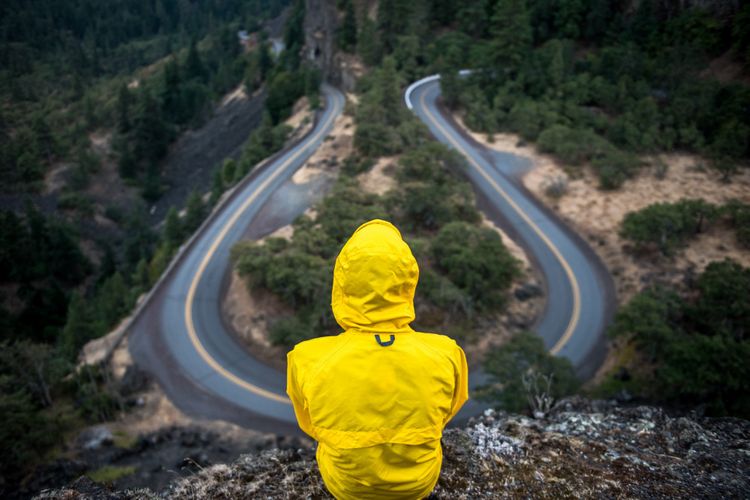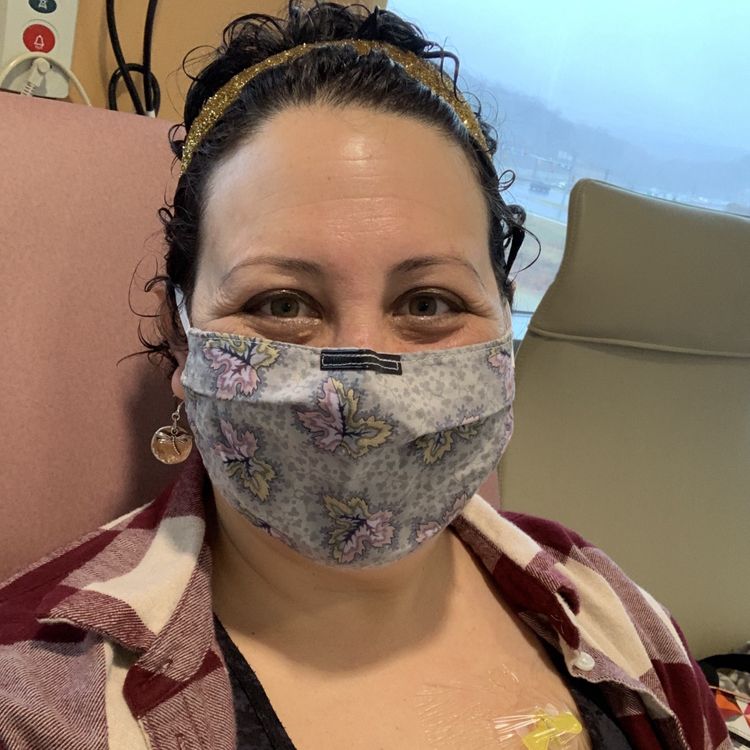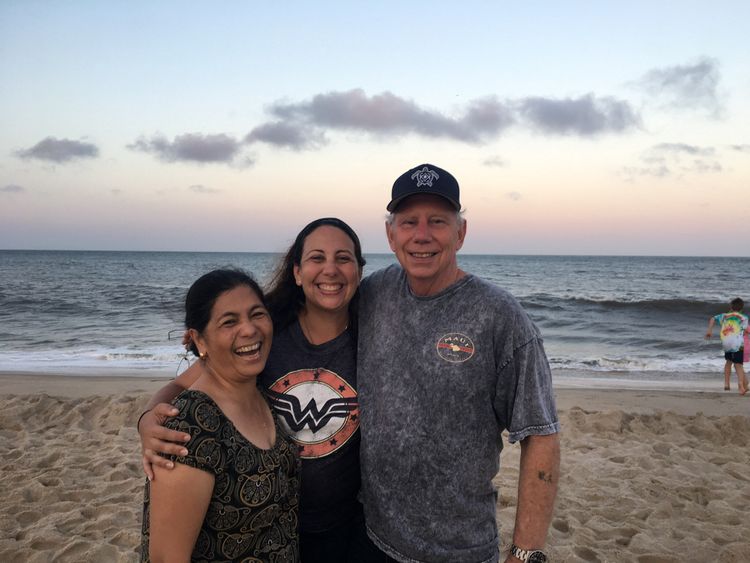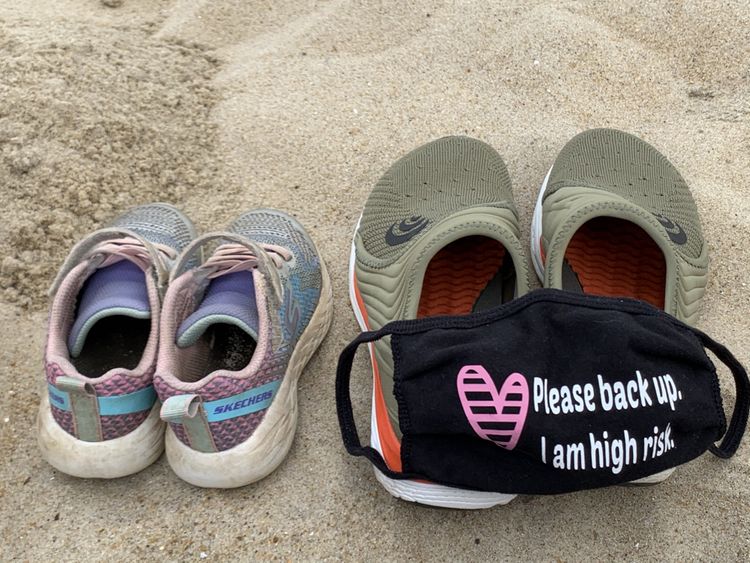Just Mercy
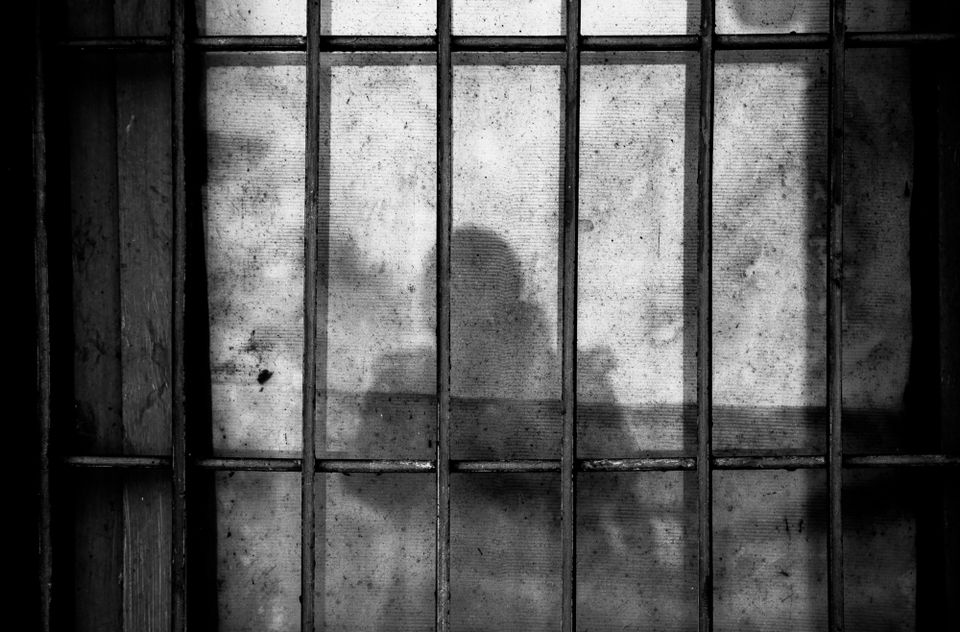
How embracing our broken natures embraces humanity

Since the incident with George Floyd, I’ve been mindfully reading books from Black authors. I read Behold the Dreamers by Imbolo Mbue, The Hate U Give and On the Come Up both by Angie Thomas, and I recently finished Just Mercy: A Story of Justice and Redemption by Bryan Stevenson.
Bryan Stevenson’s shares his journey of defending the poor and overlooked in the legal system. More specifically, he works for those on Death Row who slipped through the system and were wrongfully accused or not given a fair trial. Stevenson’s book focuses on the story of Walter McMillian, a man wrongfully accused, charged, and tried for a murder he didn’t commit. However, through the book Stevenson weaves other stories from his work though the Equal Justice Initiative.
A nonprofit organization that provides legal representation to people who have been illegally convicted, unfairly sentenced, or abused in state jails and prisons. We challenge the death penalty and excessive punishment and we provide re-entry assistance to formerly incarcerated people.
As I read Stevenson’s story and his valiant effort to save the broken, lost, and mistreated in our legal system, I was struck most by his thoughts on Chapter 15, Broken; which I believe is the crux of his book. As he wrestles with the thought of fighting a system who abuses its power Stevenson acknowledges his own brokenness and comes to term that it is because of it he can embrace a shared humanity with the people he works so hard to help.
In exploring his own brokenness, Stevenson has a revelation that we are all broken and through our brokenness, we embrace our humanity. We are more than our mistakes. This sentiment is also shared in Angie Thomas’ book, The Hate U Give. But how do we get people to see the whole person and not just our flaws?
Instead of helping the very people who would benefit from mercy, understanding, or rehabilitation, the system discards and hides them from society, essentially breaking them or further breaking them. Stevenson’s work helps to right the wrongs from the judicial system that’s flawed.
Stevenson shares that when we welcome our brokenness we are able to open up to other people’s humanity. We share a vulnerability and through it we can have compassion for those who need it most. We can support and heal one another when we see the whole person; there’s “reciprocal humanity.” When we accept the whole person then we can work towards solutions, rehabilitation, and move away executing the broken among us.
By the same token, if we are unable to develop compassion and grace, then we continue to hide behind our own, “…deficits, our biases, our fears.” We discard human life and we tell them they are not worth the life they have.
What if we started looking to find a solution and helped the traumatized, the abused, and the neglected? What if we looked beyond their choices? What if we looked at the biases that guided decisions? Do teenagers who haven’t committed murder belong on death row with adults? According to Stevenson, it’s happening.
What if looked at the vulnerable and truly see them for who they are? Isn’t their life worth something? Could we lighten the load on prisons and executions and find better ways to ease the burden?
Bryan Stevenson’s words are so eloquent as he describes brokenness and what would happen if we acknowledged each other’s humanity. In a time where we are seeing grown men call for their mama and a kind boy brutalized and ultimately killed because he was “different” should’t this be our wake up call that we have allowed our biases to dictate how we should act towards one another? Let’s redefine who we are.
In the face of tragedy and mistreatment, let’s examine our social conscience and look to see if we can find the humanity in one another and embrace our vulnerability. Let’s work to support and find solutions for those who need us most: the neglected, the traumatized, the abused, and the discarded. Let’s embrace our brokenness and find our shared humanity.
